 Your new post is loading...

|
Scooped by
Farid Mheir
|
Scientists developed a stretchable electronic sensor that looks like a temporary tattoo.

|
Scooped by
Farid Mheir
|
The most anticipated slide deck of the year is here. Key takeaways: - Global smartphone growth is slowing: Smartphone shipments grew 3 percent year over year last year, versus 10 percent the year before. This is in addition to continued slowing internet growth, which Meeker discussed last year.
- Voice is beginning to replace typing in online queries. Twenty percent of mobile queries were made via voice in 2016, while accuracy is now about 95 percent.
- In 10 years, Netflix went from 0 to more than 30 percent of home entertainment revenue in the U.S. This is happening while TV viewership continues to decline.
- Entrepreneurs are often fans of gaming, Meeker said, quoting Elon Musk, Reid Hoffman and Mark Zuckerberg. Global interactive gaming is becoming mainstream, with 2.6 billion gamers in 2017 versus 100 million in 1995. Global gaming revenue is estimated to be around $100 billion in 2016, and China is now the top market for interactive gaming.
- China remains a fascinating market, with huge growth in mobile services and payments and services like on-demand bike sharing. (More here: The highlights of Meeker's China slides.)
- While internet growth is slowing globally, that’s not the case in India, the fastest growing large economy. The number of internet users in India grew more than 28 percent in 2016. That’s only 27 percent online penetration, which means there’s lots of room for internet usership to grow. Mobile internet usage is growing as the cost of bandwidth declines. (More here: The highlights of Meeker's India slides.)
- In the U.S. in 2016, 60 percent of the most highly valued tech companies were founded by first- or second-generation Americans and are responsible for 1.5 million employees. Those companies include tech titans Apple, Alphabet, Amazon and Facebook.
- Healthcare: Wearables are gaining adoption with about 25 percent of Americans owning one, up 12 percent from 2016. Leading tech brands are well-positioned in the digital health market, with 60 percent of consumers willing to share their health data with the likes of Google in 2016.

|
Scooped by
Farid Mheir
|
This study plans to gather more data about heart health from more people than any research study has done before. We'll use it to develop strategies to prevent and treat all aspects of heart disease. It's as simple as that.

|
Scooped by
Farid Mheir
|
A study published today suggests your Apple Watch could help detect and track serious heart conditions. According to CNET, researchers from the University of California, San Francisco worked with the app Cardiogram on the Health eHeart study, gathering cardiovascular data from 6,158 people who used Apple Watches. They tested whether the watches were able to …

|
Scooped by
Farid Mheir
|
Tiny bursts of electrical stimulation could help users feel walls and spaces in VR. Lopes and his team found that they could use the wearer’s own muscles against them, artificially creating a counter force, or the feeling of resistance to a physical object, by triggering the opposing muscles. The same setup can also enable the wearer to “hold” a large cube in virtual reality or press a virtual button–while using only a small wearable device hooked up to electrodes that are stuck to the user’s skin.

|
Scooped by
Farid Mheir
|
Alphabet’s artificial intelligence outfit, DeepMind, plans to build a blockchain-style system that will carefully track how every shred of patient data is used. The company, which is rapidly expanding its health-care initiatives, has announced that it will build a tool that it calls Verifiable Data Audit during the course of this year. The idea: allow hospitals, and potentially even patients, to see exactly who is using health-care records, and for what purpose. By logging how every piece of patient data is used, the company hopes to leave behind an indelible audit trail.

|
Scooped by
Farid Mheir
|
The watch collects your heart rate and rhythms, but it only tells you the time and date.

|
Scooped by
Farid Mheir
|
The worldwide wearables market reached a new all-time high as shipments reached 33.9 million units in the fourth quarter of 2016 (4Q16), growing 16.9% year over year. Shipments for the entire year grew 25% as new vendors entered the market and previous champions refreshed their product lineups. The year came to a close with 102.4 million devices shipped.

|
Scooped by
Farid Mheir
|
Explore the fitness and workout trends of Fitbit users, and get exercise advice from the experts in this comprehensive, interactive infographic. At Fitbit, we geek out about workouts. Feast your fitness-loving eyes on the first ever Fitbit Health & Activity Index that identifies some of the most popular activities, shifts in workout trends, and ways to stay motivated.

|
Scooped by
Farid Mheir
|

|
Scooped by
Farid Mheir
|
Raffi Khatchadourian on Nick Bostrom, an Oxford philosopher who asks whether inventing artificial intelligence will bring us utopia or destruction.
Raffi Khatchadourian on Nick Bostrom, an Oxford philosopher who asks whether inventing artificial intelligence will bring us utopia or destruction.

|
Scooped by
Farid Mheir
|
If you're still on the fence about just how useful a smartwatch can be, a group of researchers at Stanford University have some news for you.

|
Scooped by
Farid Mheir
|
Technology for baby monitoring, wellness improvement and other activity tracking has seen a huge number of new products at the CES show in 2017. Here is the list of finalist for best BabyTech of the show.

|
Scooped by
Farid Mheir
|
Today, the U.S. Patent and Trademark Office published a patent application from Apple that reveals wearable sensors and, more specifically, to a network of wearable sensors for recognizing and tracking movements and exercises. Instead of limiting athletic sensors to running shoes for joggers, the new sensor system will expand and support sensors that could be worn by athletes of all levels to measure important workout data related to floor exercises, weigh

|
Scooped by
Farid Mheir
|
Recent ADA-related challenges raise questions over corporate initiatives designed to improve employees’ health.
CES 2016: Running list of health and wellness devices
Via JP DOUMENG

|
Scooped by
Farid Mheir
|
Wellness champions know that beginning and executing a successful wellness program isn’t about finding one cookie-cutter option. It takes careful planning, thoughtful communication, and understanding your employee base well. Really well.
From Fitbit Wellness, we honor nine companies that have done corporate wellness right. From small businesses to a Fortune 500, and a communications agency to a health care system, see what leading organizations have done to rally their team behind a cause, and how they got the most bang for their wellness buck.

|
Scooped by
Farid Mheir
|
2015: The Year Digital Health Hit Its Stride While 2014 was the year that digital health broke out, 2015 was the year it hit its stride. A slow start in Q1 did…

|
Scooped by
Farid Mheir
|
Want to spy on bats or whales? Cochlear implants could enhance hearing beyond the human hearing range. Did you ever want to see like Superman or Star Trek’s Lieutenant Geordi La Forge? The Fraunhofer Institute might just be able to fulfill such fantasies since they are developing an eye equivalent which can distinguish between light …

|
Scooped by
Farid Mheir
|
This next step in the gameification of fitness already has some people hooked—but some worry it could have some unintended negative effects on others. That’s because it’s not just about collecting tech specs. It’s about competition—in public.

|
Scooped by
Farid Mheir
|
What I’ve been wrestling with now that I no longer quantify myself is why I don’t want to write the stories and take the pictures that made my diet blog compelling. I think it’s because it’s too detailed a mirror. I’m not in denial about the calories, or the snacking, or the judgments of the scale. I just don’t want to tell that story any more.

|
Scooped by
Farid Mheir
|
The healthcare industry thinks so—the next generation of fitness trackers will be able to continuously monitor a patient's vitals, from blood pressure to temperature. Here's how daily updates from these devices might eliminate the need for a yearly physical.

|
Scooped by
Farid Mheir
|
OURA is a revolutionary ring-sized wellness computer that helps you sleep and perform better.

|
Scooped by
Farid Mheir
|
Researchers are studying the health cost of being healthy on your commute.
|

Curated by Farid Mheir
Get every post weekly in your inbox by registering here: http://fmcs.digital/newsletter-signup/
|
 Your new post is loading...
Your new post is loading...









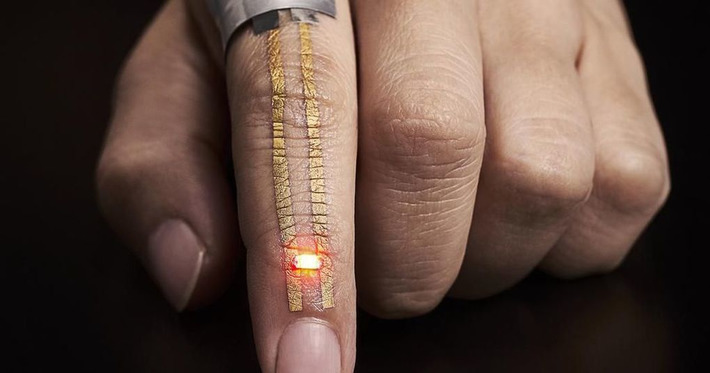

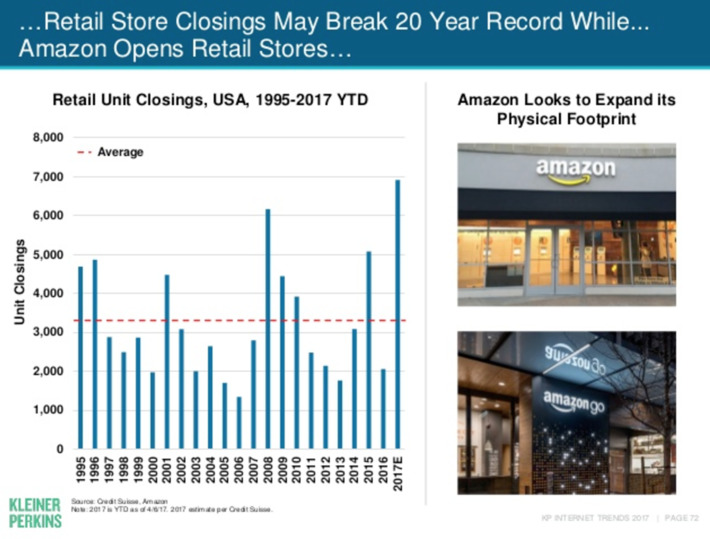
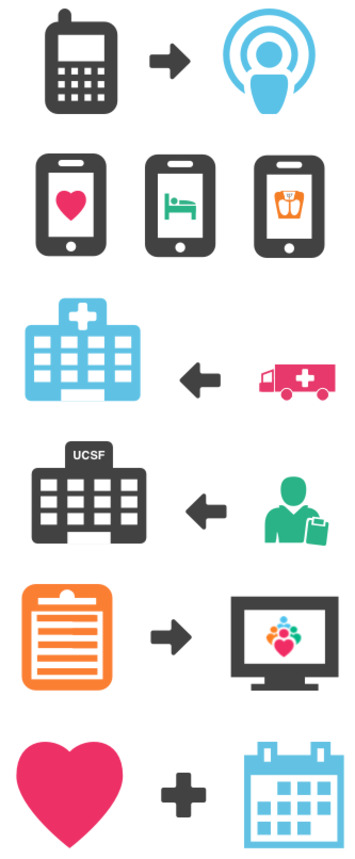
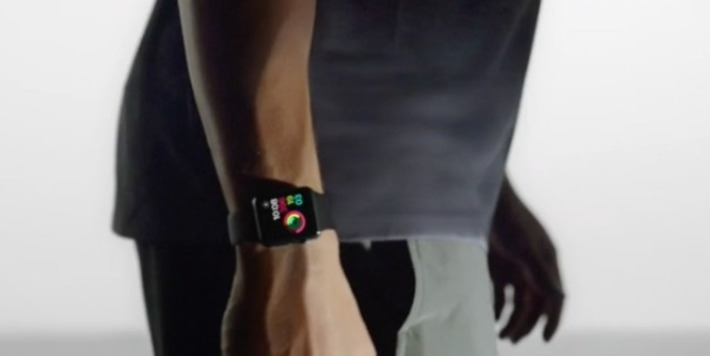
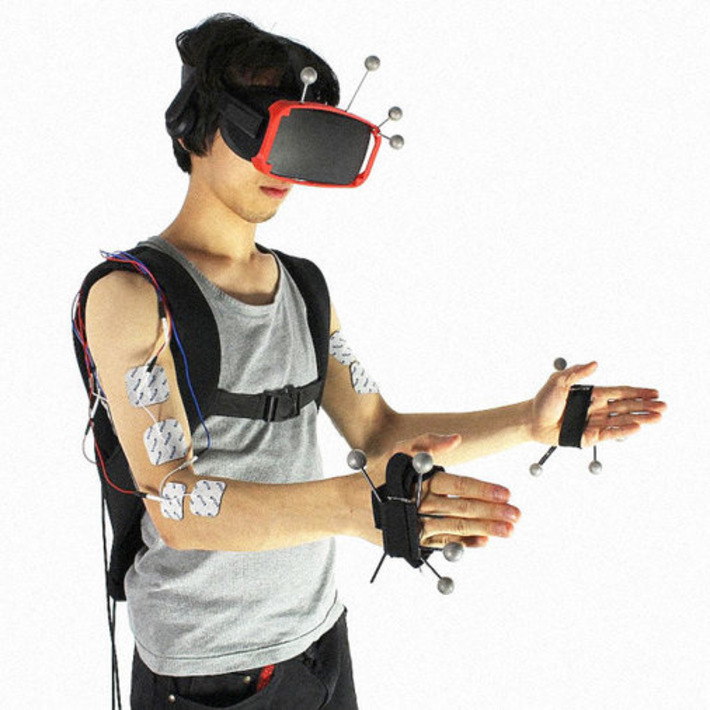

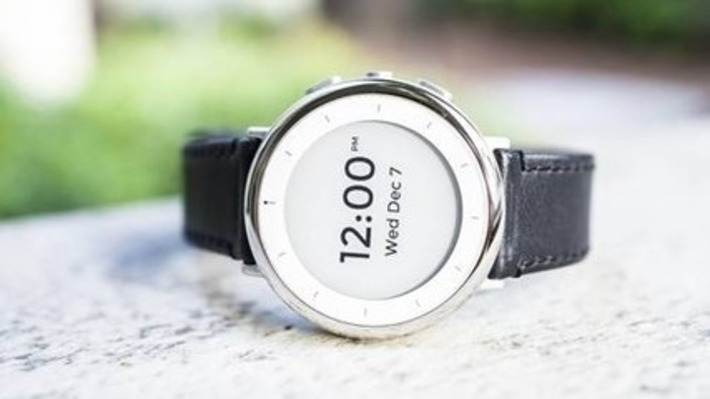
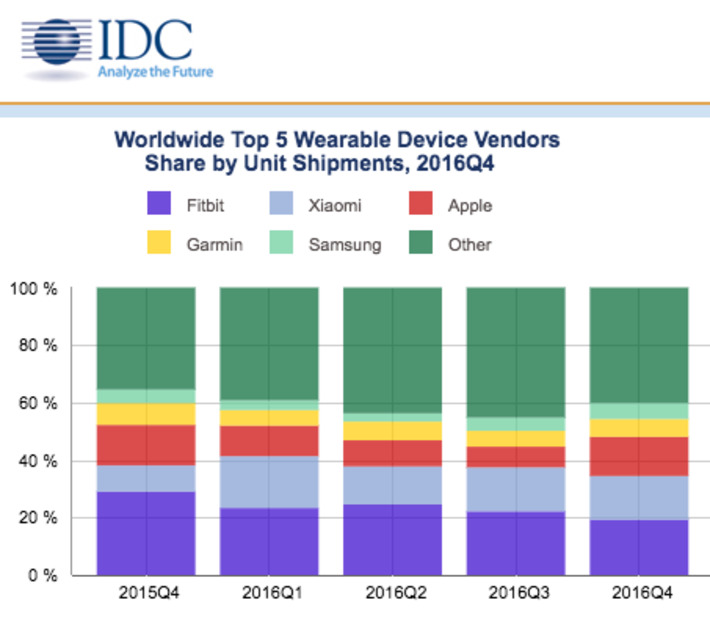
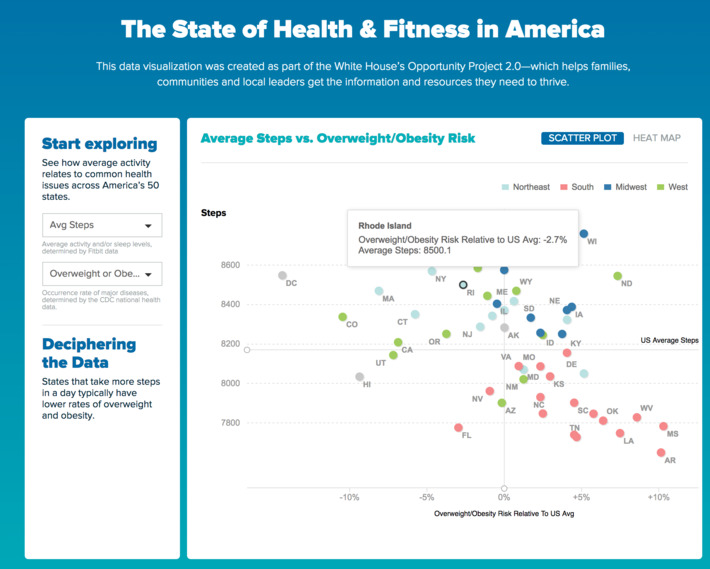


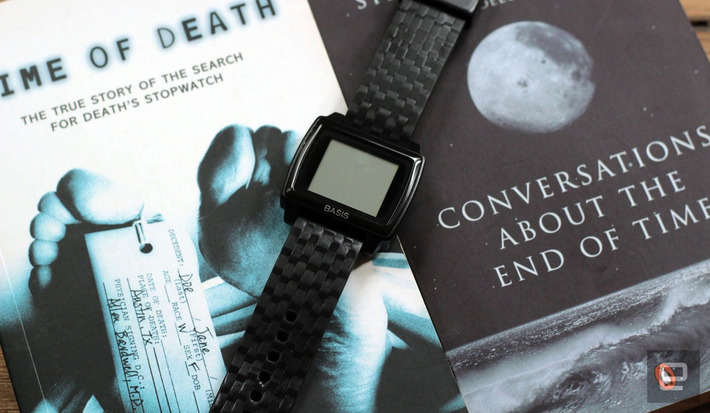
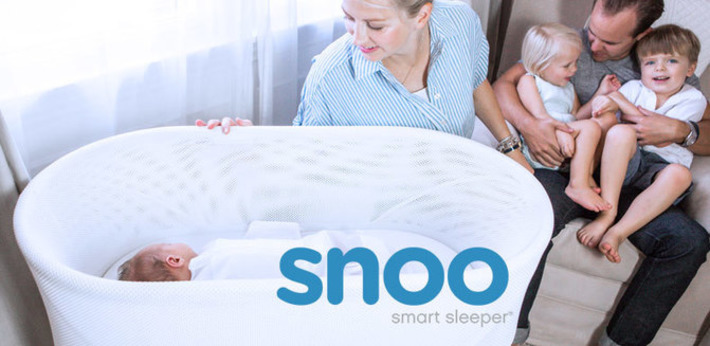
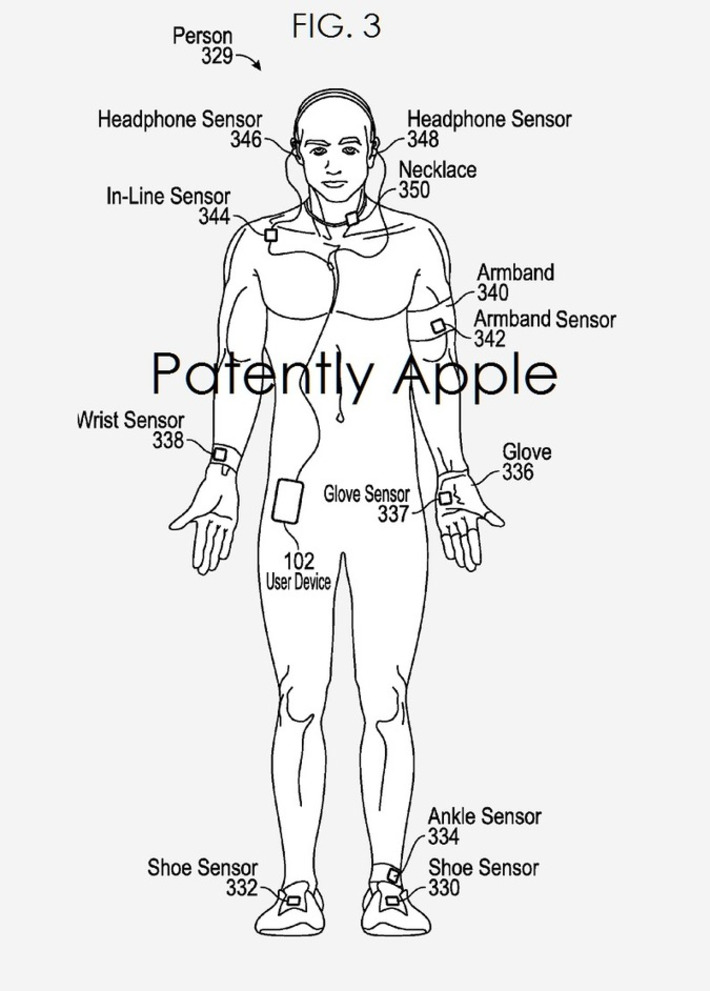

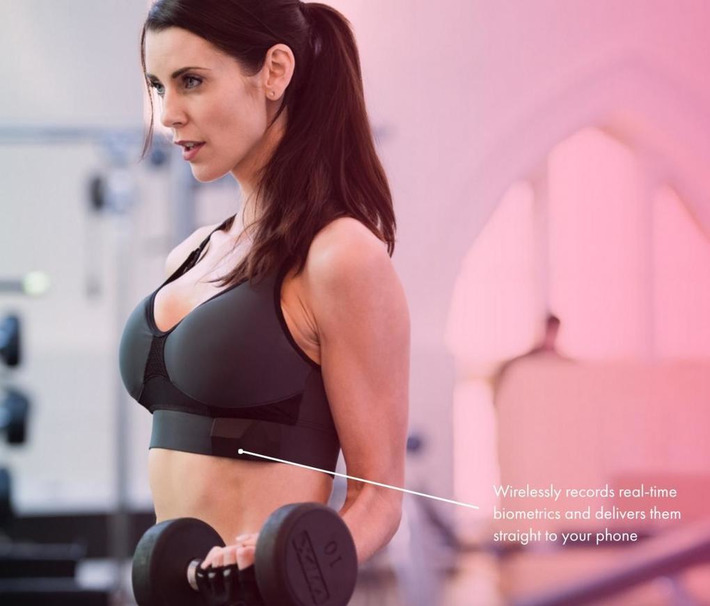




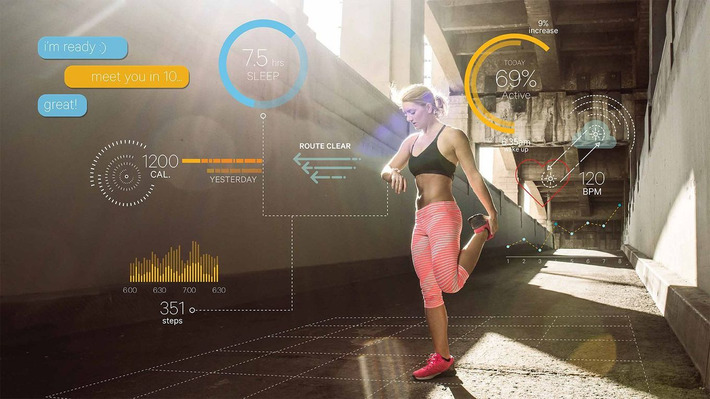











Un tatouage temporaire scientifique !